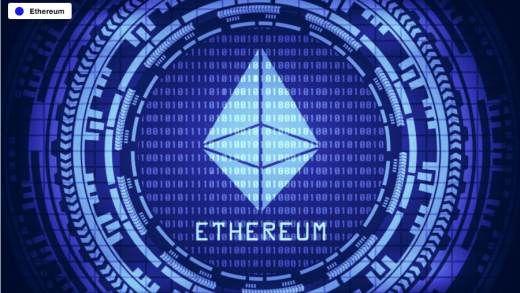
The platform’s total number of staking addresses grew 8 percent.
According to data aggregation platform PoolTool, Cardano (ADA) added more than 50,000 staking addresses in three weeks’ time, reflecting a substantial 8% growth in less than a month.
Cardano’s total staking addresses surpassed the 600,000 milestone in early June as the attention around the platform continues to grow.
Recent developments
Currently, Cardano has a total number of 659,301 staking addresses from 2,647 active pools and its total staked value is $29,44 billion, accounting for 71,27% of the $41,3 billion total supply.
Cardano’s price witnessed its all-time high on May 16, when it reached $2,46 but like most of the market, it experienced a downward trend and since then witnessed a 49% plunge.
Since its price hit a 90 day low on June 22, dropping to $1,02, Cardano managed to bounce back and is currently trading at $1,27.
On June 14, the platform’s developers launched a new version of the Cardano node, AlonzoBlue 2.0 to the testnet. The ‘Alonzo’ hard fork is a major breakthrough for the platform, which will enable the implementation of smart contracts in Cardano, along with the deployment of numerous DeFi applications.
In the works for ADA
Input-Output (IOHK), the firm behind Cardano, said they are exploring the potential integration of Stablefees, a system that operates towards establishing a base price for transactions by pegging to a basket of currencies, in order to make the fees more fair and predictable.
Recently, Cardano developers revealed they are working on a new large-scale project in Africa, following their deals with Ethiopian and Tanzanian governments, which will likely feature cooperation between a local government and the private sector, with IOG technology bridging the partnership.
Along with the most recent upgrades and expansion plans, the IOHK Global CEO Charles Hoskinson, who is soon to publish a research paper on algorithmic stablecoins, keeps attracting additional attention to Cardano.
According to him, Cardano has communicated with authorities in El Salvador and is planning a state visit in the following weeks:
“They’ve definitely expressed interest in digitizing the country and going beyond just legalizing Bitcoin. So, we’ll get a better sense of it in the next 2-4 weeks.”
Given IOHK’s fruitful collaboration with countries in Africa, the fast-expanding public blockchain platform is set to expand its ecosystem beyond finance, on multiple continents simultaneously.












